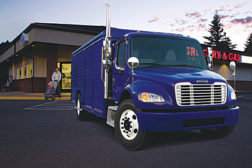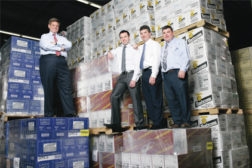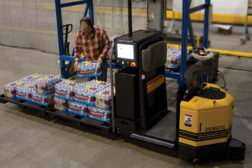Distribution
Team building for business success
Insight from a sports legend for better operations
January 12, 2012
Prevention is the best policy to avoid asset loss
Deter stealing through safety measures, workplace attitude
December 13, 2011
Enhance driver safety after ‘falling back’
Safety advice to adapt to daylight saving time
October 14, 2011
Forklifts rise to the challenge
Lift truck makers aim to increase productivity
September 12, 2011
Schools continue healthy focus
Beverages, packaging address school guidelines
September 12, 2011
Vehicle disposal more than an end-of-use concern
A fleet’s lifecycle, maintenance can increase disposal options
September 12, 2011
2011 Wholesaler of the Year: Wirtz Beverage Group
Wine and spirits distributor expands portfolio, facilities
September 12, 2011
Elevate your expertise in the beverage marketplace with unparalleled insights and connections.
Join thousands of beverage professionals today. Shouldn’t you know what they know?
JOIN NOW!Copyright ©2025. All Rights Reserved BNP Media.
Design, CMS, Hosting & Web Development :: ePublishing






